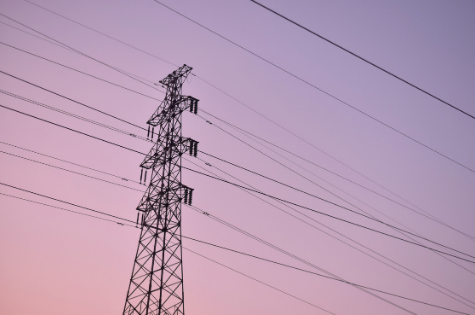Are you feeling the pressure of rising energy bills in your home? While there are many contributing factors that may be out of your control, you still have the power to reduce your energy usage.
While technology advances, and today’s digital society expands at a rapid rate, the average household is reliant on energy usage more than ever before.
There are, of course, some obvious ways to save on energy usage, such as turning lights off at the switch when not in use; or using energy efficient light-bulbs throughout your home; but there are more ways to take control of your usage - and the price you’re paying for it.
Heating and cooling:
Ambient heating and cooling is a major-player in the energy consumption game. Just by increasing your air conditioner by 1 degree, or reducing your heating by 1 degree, can save 5-10% on your heating and cooling bill. Other simple ways to reduce your heating and cooling usage include:
● Closing off rooms you’re not using. There’s no point in heating or cooling a space that is unused. Close doors and windows to keep your space at optimal temperature.
● Insulate. Escaping or intrusive heat will just make your system work harder.
While quality in-wall insulation is ideal, you can also benefit greatly from the use of insulated window film, or by simply opening blinds and windows for heat-in, or closing for heat-out.
Your hot-water system:
We all know that shorter showers are a practical way to contribute to water saving efforts during a dry season or draught, or even just a great step toward overall water usage. But did you know, after heating and cooling, hot water for household use is typically one of the biggest sources of energy consumption in the average household.
Your Home shows that this can account for up to approximately 21% of your total energy usage? You can easily reduce the amount you spend on your hot water by:
● Cutting down on shower time.
● Using a cold wash setting on the washing machine.
● Pipe insulation - This will reduce the amount of energy that is required to heat the water.
● Install water saving fixtures around the home.
● Adjust the temperature on the water heater.
Appliances:
Small appliances make up a good proportion of your consumption. A good example is the kettle. If you can’t resist a hot cuppa, you’ll know the importance of a good kettle, with electric kettles now a staple in the modern home. This is also one appliance that can draw a staggering amount of electricity in the home - but a good percentage of this can be contributed to “setting and forgetting”. Having to re-boil your kettle on a regular basis can lead to significantly higher energy bills.
Some appliances have variable settings which put you more in control, for example, hair-dryers; on the hottest setting, a hair-dryer can draw over 1500 watts of electricity, but the cooler setting can be as little as 700 watts. By simply switching to a lower setting, that could be more than a 50 % saving!
Appliances and white-goods are also the number one cause of stand-by energy consumption, also known as “vampire energy”. A study has revealed that mufti-function printers and wireless routers are among the highest sources of vampire energy out of common appliances in the home.
But you don’t have to be paying for wasted energy, one great solution to overcoming standby energy consumption, is to install automated power-strips, throughout the home. Automated power-strips can be programmed to switch on and off according to your lifestyle, this means no more wasted energy and more savings in your pocket.
However, energy consumption is practically unavoidable, between charging our devices, lighting our homes, or staying warm on a winter's day, we all need to use energy in one way or another. With this in mind, there's still more you can do to get the best value for your money. Research your energy plan now to see what you could be saving today to make sure you’re getting the best value for your money, and remember, a little bit of energy can go a long way!
We hope that by following these tips to save on energy in your home, you can enjoy the benefits of significant savings on future energy bills.
















__small.png)










